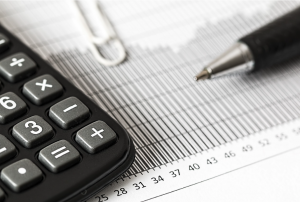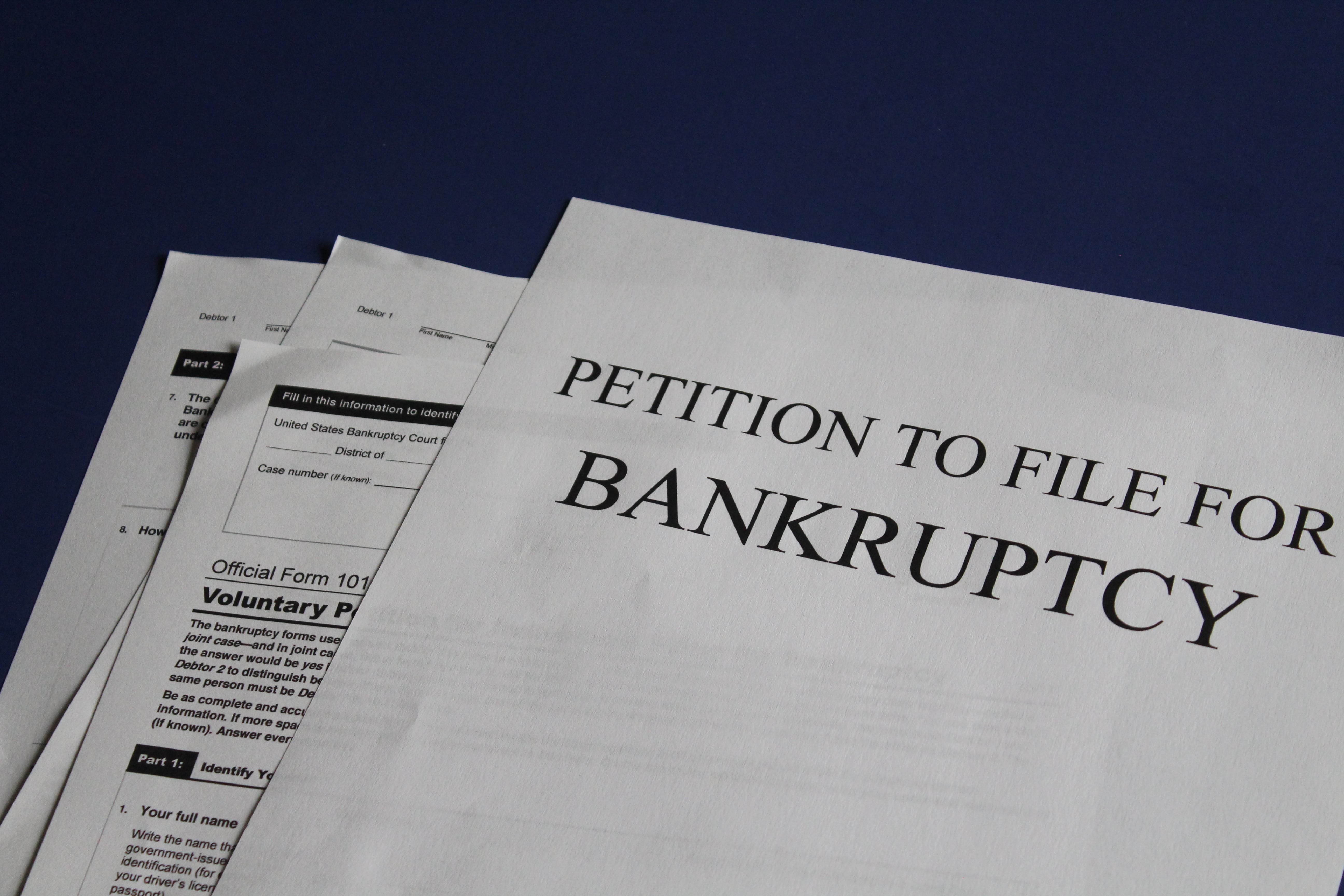Our number one advice would be: don’t delay. The weight of carrying a large amount of debt on your shoulders is not worth the tremendous impact it could have on your life.
Bankruptcy may be the last option you’ve considered. Bills are piling up, payments are being missed, and you can’t think of a solution to get you out of this hole.
The good news is, you’re not alone. You won’t be the first or last person to be put in this situation and have to figure something out to move on.
Have you considered filing for bankruptcy? I’m sure you’ve heard the term “Start Fresh” being thrown around when speaking about bankruptcy. Is it true? Can you really start fresh? Is it too late?
The following article will answer all of these questions.
I’m sure every time you read about a bankruptcy case, astronomical amounts of debt are thrown around. If you’re stuck trying to figure out if you have enough debt to be able to file for bankruptcy, I got good news for you.
There is no minimum amount of debt needed to file for bankruptcy in both chapter 7 & chapter 13. There is, however, a maximum amount of debt if you choose to file under chapter 13.
Depending on your particular situation, you would choose to file under chapter 7 or chapter 13.
Bankruptcy Limits: Chapter 7 VS. Chapter 13
Chapter 7 bankruptcy is open to be used by any individual with any amount of debt. So, there are no limits or ceilings on the amount of debt needed to file for chapter 7. The catch here is that corporations cannot receive a discharge in chapter 7 bankruptcy.
Chapter 13 is a different story.

When filing for chapter 13 bankruptcy, you and your attorney will create a three to five year payment plan for your outstanding debts. This would happen with the help of the court.
Only some secured debts, such as a car or a house you own, may extend beyond the allowed five-year period according to your contract.
When it comes to the limits, you won’t qualify for chapter 13 bankruptcy if you have more than $1,184,200 in secured debt, or $394,725 or more in unsecured debt (this includes medical expenses, credit card debt, etc.).
With No Debt Limit Income Can Be an Issue
We’ve already established that there is no ceiling for the amount of debt you have to be eligible for chapter 7 bankruptcy. Nonetheless, there are eligibility guidelines that determine if you’d be able to file chapter 7.
For example, in order to qualify for chapter 7 bankruptcy in Arizona, you must have earned less money than the median for a family of your size in the last six months. This will insure you an automatic qualification.
In the case that you earn more money and are ineligible, you would need to subject your income and expenses to the means test. Currently, the Arizona median income for a single filer is at $46,779. Because these numbers are subject to change with inflation and new rules, click here to get the most up-to-date means test income info.
So, with chapter 7 bankruptcy, the issue might not be having too much debt, but rather having too much income.
Will Bankruptcy Eliminate Your Debts?
If you can eliminate any type of debt by filing bankruptcy then people would be flying to sign up.
That’s not the case and that’s why there are two main types of debt, dischargeable and non-dischargeable.
The US Congress has decided that the following types of debt are non-dischargeable:
- Alimony & Child Support – Along with any domestic support obligations.
- Debt incurred through fraudulent schemes or false pretenses.
- Student Loans (with the exemption of Undue Hardship)
- Priority Tax Debts
With a chapter 13 bankruptcy repayment plan, you’re able to conveniently reorganize and repay your non-dischargeable debts.
Talk to an Expert Bankruptcy Attorney
If you’re looking into your financial options and are considering filing for bankruptcy, your best option would be to consult an expert bankruptcy attorney.
Our number one advice would be: don’t delay. The weight of carrying a large amount of debt on your shoulders is not worth the tremendous impact it could have on your life.


Join the conversation!